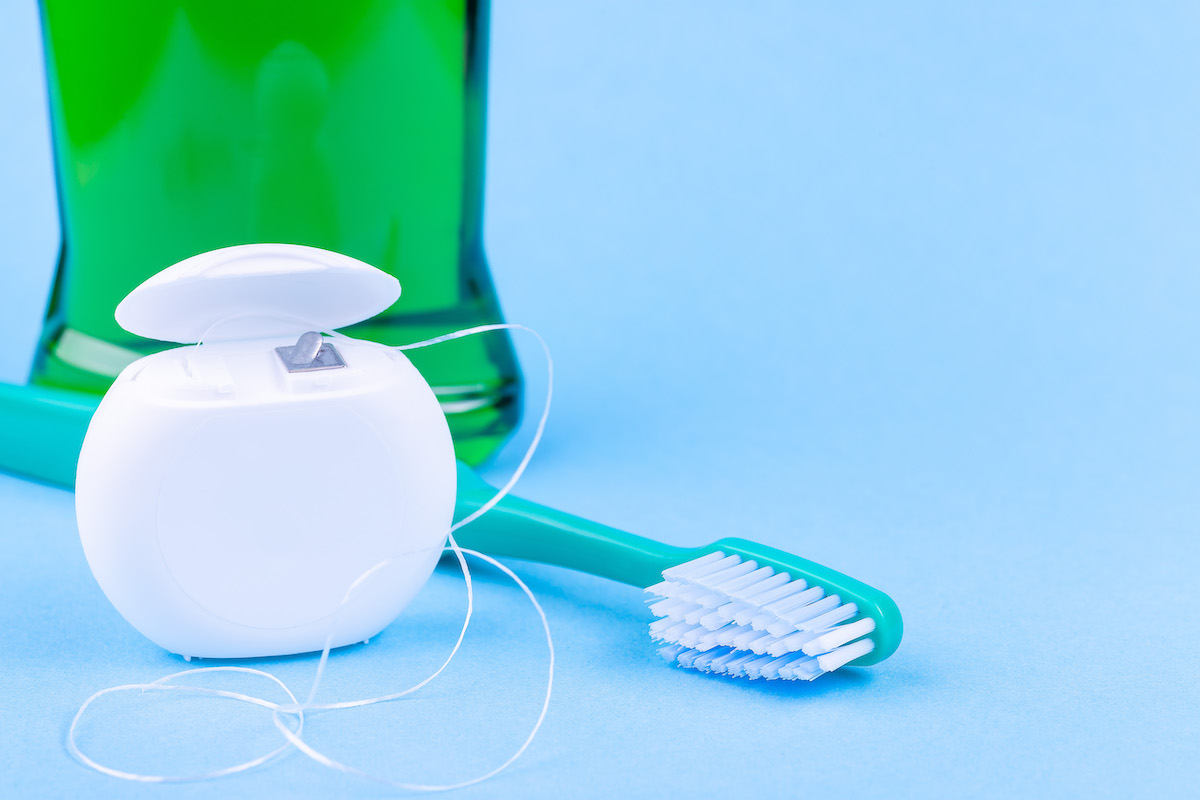
Cavities, also known as tooth decay or caries, are the second most common health problem after the common cold. From infants and children to teenagers and older adults, it is possible for anyone to have them.
If left untreated, cavities can get larger and affect the outer coating of the tooth (enamel) and the dentin layer. This may lead to an infection (tooth abscess), severe toothache, and tooth loss.
That’s why it is important to practice good dental and oral hygiene to protect yourself against cavities or tooth decay. As Lakeville dental experts, Miller Comfort Dental offers helpful information regarding cavities and ways to prevent them.
Cavities refer to the destruction of tooth structure that affects its deeper layers. These damaged areas develop into a tiny hole or opening in the hard surface of the teeth, which gradually expands over time.
Tooth decay occurs due to a combination of factors, such as improper cleaning of teeth or consuming sugary food and drinks. The bacteria in the mouth use these sugars and produce acid as their byproduct. It forms a sticky plaque that holds the acid against the teeth.
As a result, the acid eats away at the tooth’s protective enamel. With the enamel gone, the cavity begins to slowly eat away at the rest of your tooth. It will eventually hit the tooth’s nerves and blood vessels, causing you to feel pain.
Here are some of the best ways to prevent cavities and tooth decay according to the top dentists in Lakeville, MN.

Proper cleaning of teeth is a crucial step to fight cavities. Brush your teeth using fluoride toothpaste at least twice a day, preferably after every meal and before bed.
Use a regular or an electric toothbrush to brush every side of your teeth, including the top, down, front, and back. Make sure the toothbrush you use has soft bristles and apply gentle pressure to reduce the risk of gingival injury.
You can also clean between your teeth with an interdental brush or dental floss. Brushing your teeth is an effective way to remove the plaque. The key is to do it regularly since the plaque usually forms again in a few hours.
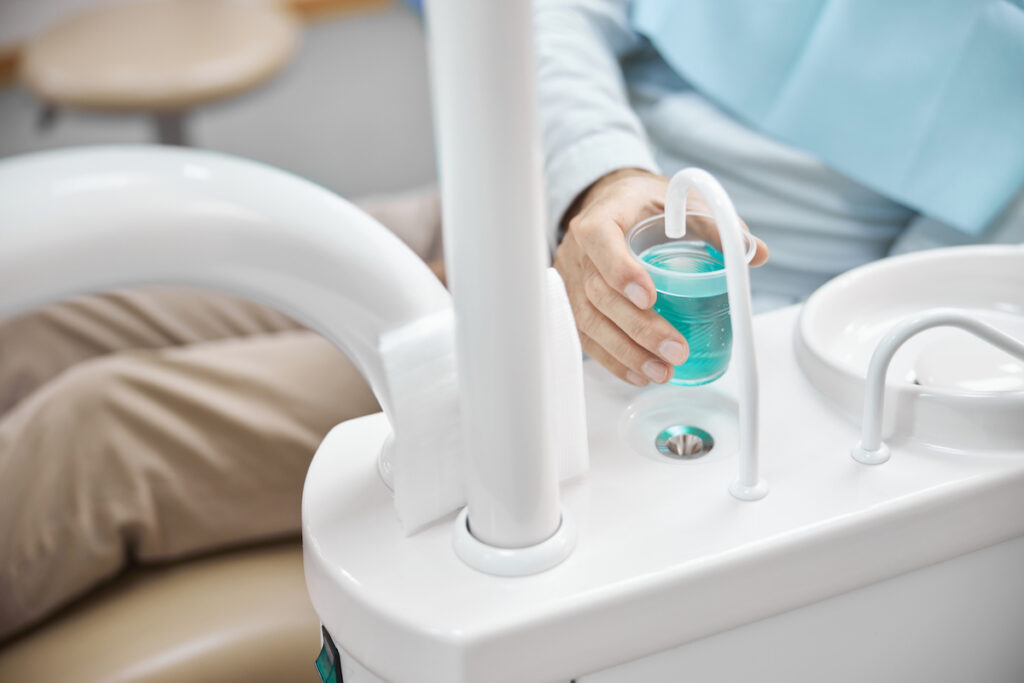
Use a fluoride-containing mouthwash to rinse your mouth daily. Several products on the market contain antiseptic ingredients to help kill plaque-causing bacteria.
Listerine and Crest Pro Health are some antimicrobial rinses that are clinically proven to reduce plaque. Using these mouth rinses after eating or brushing aids in preventing cavities.
Salt water also has antiseptic properties, making it an effective mouth rinse. Rinsing with salt water can slow the growth or destroy bacteria that cause cavities.
Talk to your dentist in Lakeville about dental sealants, a protective plastic coating applied to the biting or chewing surfaces of your molars (back teeth). It shields the tooth enamel from bacteria and plaque by sealing off crannies and grooves that collect food.
Dental sealants can prevent a significant amount of cavities for several years before they require a replacement. However, the dentist needs to check them regularly.
The Centers for Disease Control and Prevention (CDC) recommends the use of sealants to treat decay among school-aged children. Although they are commonly used for children due to the new growth of permanent teeth, dental sealants can also benefit adults.

Dehydration reduces the amount of saliva you produce, making your mouth very dry. This enables bacteria to accumulate and cause cavities. It is essential to stay hydrated by drinking at least six to eight glasses of water per day.
Most tap water contains additional fluoride, which significantly reduces tooth decay. Fluoridated water keeps your mouth moist and prevents the formation of additional cavities. It provides numerous benefits that aid in overall dental and oral health.

Having a balanced diet plays a vital role in your dental health. Avoid snacking frequently on chips, candies, pretzels, chocolates, as well as drinking sugary drinks.
Consuming them allows the bacteria in your mouth to produce acids that destroy the tooth enamel. These foods can get stuck on the surface of your teeth for extended periods.
If you are going to eat sticky or sugary foods, you should brush your teeth immediately afterward. It is also better to drink water than other beverages.
Eat healthy, balanced meals instead to prevent the formation of plaque on your teeth.
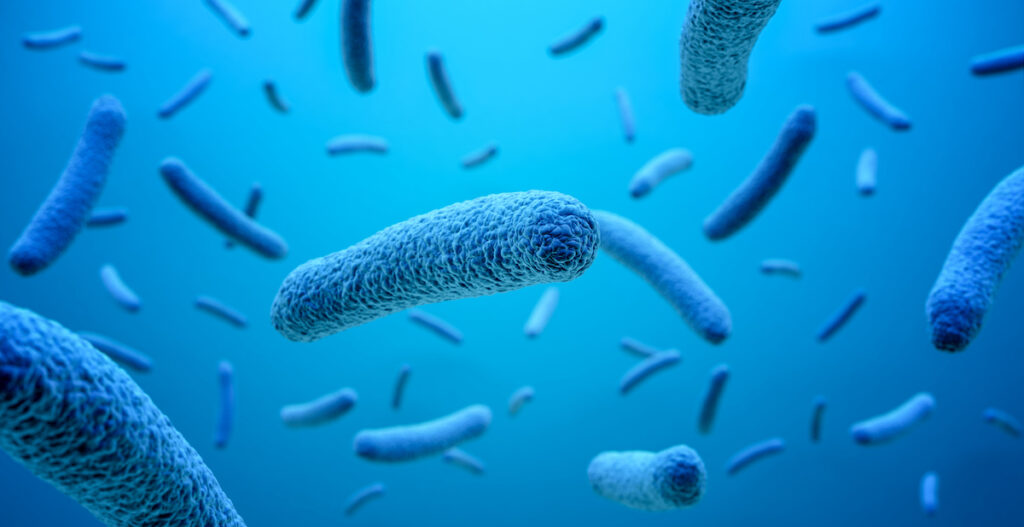
You may ask your dentist regarding antibacterial treatments, like mouth rinses, to help with bacteria. These treatments can especially benefit those vulnerable to cavities or tooth decay due to a medical condition.
If you lack enough fluoride from drinking water or other sources, the dentist may also recommend a fluoride treatment. Fluoride helps build protective enamel to keep harmful bacteria from multiplying and cavities from forming.
Identifying the cavity early on allows the dentist to apply the appropriate treatment that slows down tooth decay. They may also recommend custom-fitted trays applied with prescription fluoride, especially if you have a high risk of tooth decay.
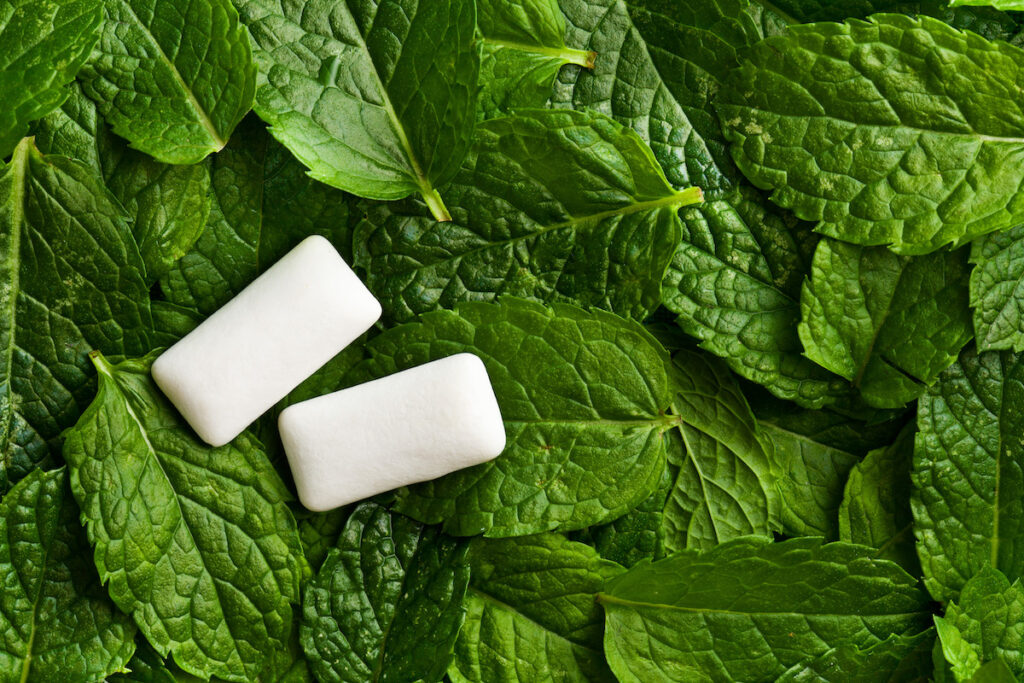
According to a systematic review conducted in 2017, xylitol can help prevent cavities from forming. Xylitol is a sugar-free sweetener that fights off infections and destroys bacteria.
With the help of this sugarless gum, you increase the saliva flow in your mouth. Combining this with an antibacterial mouth rinse and fluoride treatment can further increase your protection against tooth decay.
When choosing sugar-free gum, look for ones with the American Dental Association (ADA) Seal of Acceptance. The ADA has awarded this seal to brands, like Wrigley's Orbit, Bazooka, Extra, and Eclipse for helping reduce the risk of cavities.
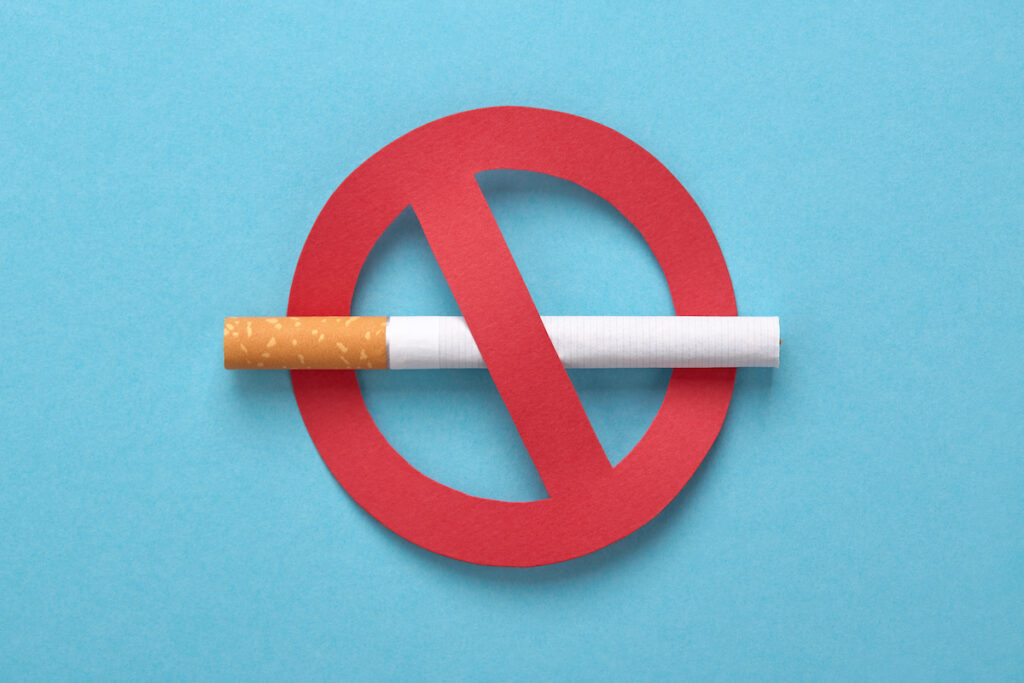
Smoking poses a great risk to almost every organ of the body, causing various health problems. In America, over 16 million people are living with a medical condition due to smoking.
The use of tobacco is also harmful to the mouth, teeth, and gums. Aside from staining your teeth, it can result in tooth loss, gum disease, and oral cancer.
Avoiding smoking not only prevents the occurrence of cavities or tooth decay. It is also an essential step to supporting overall oral and dental health.

The best way to prevent cavities and tooth decay is by visiting your dentist. When you get professional oral exams and regular teeth cleanings, the dentist can also spot potential issues and prevent them immediately.
They have the ability to detect cavities efficiently using specialized tools and dental instruments. Your dentist can help you determine the best steps to avoid cavities, such as using prescription fluoride. They can also provide valuable tips to maintain good oral and dental hygiene.
Get the best possible care for your teeth at Miller Comfort Dental in Lakeville, MN. We have a friendly and experienced team ready to address you and your family’s dental needs. Our Lakeville dentist office provides a high-quality and comfortable experience for all patients.
Contact us today to schedule an appointment.